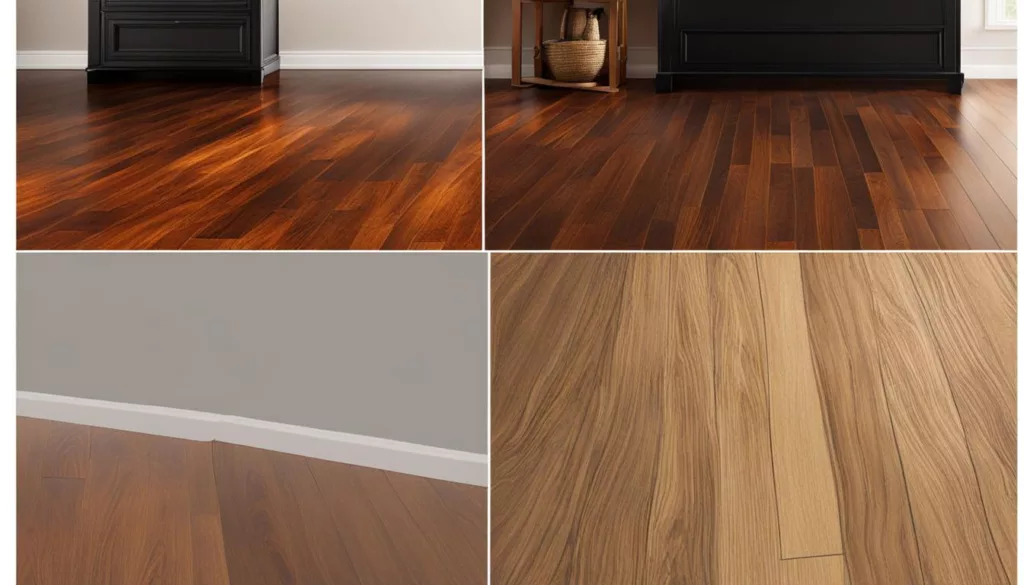



Choosing the right flooring for your home can be a daunting task. With so many options to choose from, it’s important to consider the pros and cons of each type carefully. Laminate floor vs solid hardwood is a common debate for homeowners looking to upgrade their flooring. While both options have their advantages, they differ in terms of durability, maintenance, and cost.
In this article, we will explore the key factors to consider when choosing between laminate flooring and solid hardwood flooring. We’ll examine the benefits of each, as well as their respective drawbacks. By the end of this article, you’ll have a better understanding of which option might be the best fit for your home.
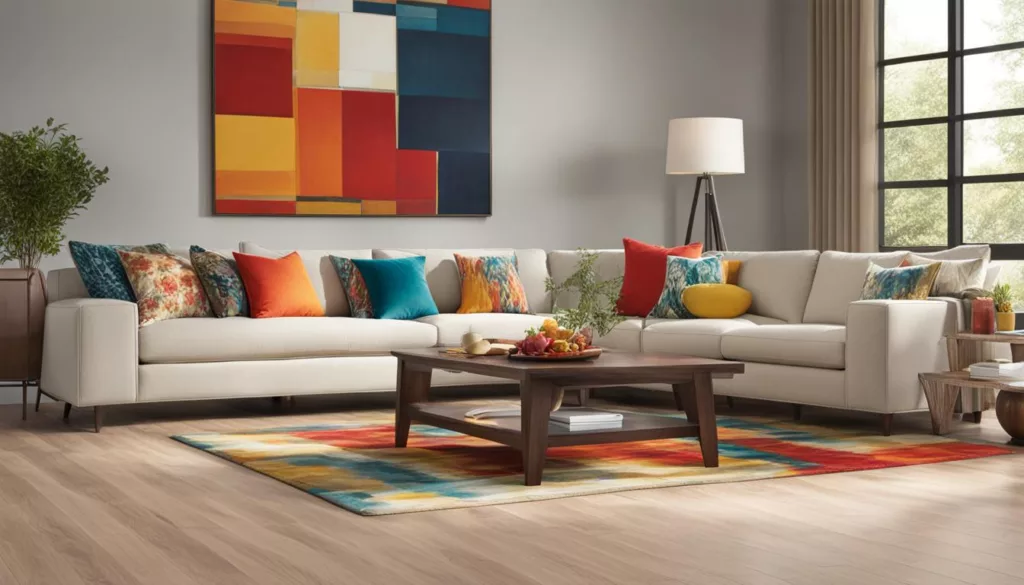

Benefits of Laminate Flooring
If you’re considering new flooring for your home, laminate might be a great option for you. Here are some benefits of choosing laminate flooring over solid hardwood:
Durability
Laminate flooring is known for its durability. It’s resistant to scratches, dents, and stains, making it an ideal choice for high-traffic areas in your home. Additionally, laminate can handle moisture better than solid hardwood, which can be prone to warping and damage in humid conditions.
Ease of Installation
Laminate flooring is easy to install and can typically be done by homeowners with basic DIY skills. Unlike solid hardwood, which requires professional installation, laminate flooring often comes in a click-and-lock system that can be quickly and easily installed.


Wide Range of Design Options
Laminate flooring comes in a wide range of styles and designs, from realistic wood-like textures to stone and tile patterns. With so many options, you’re sure to find a style that fits your home’s decor and your personal taste.
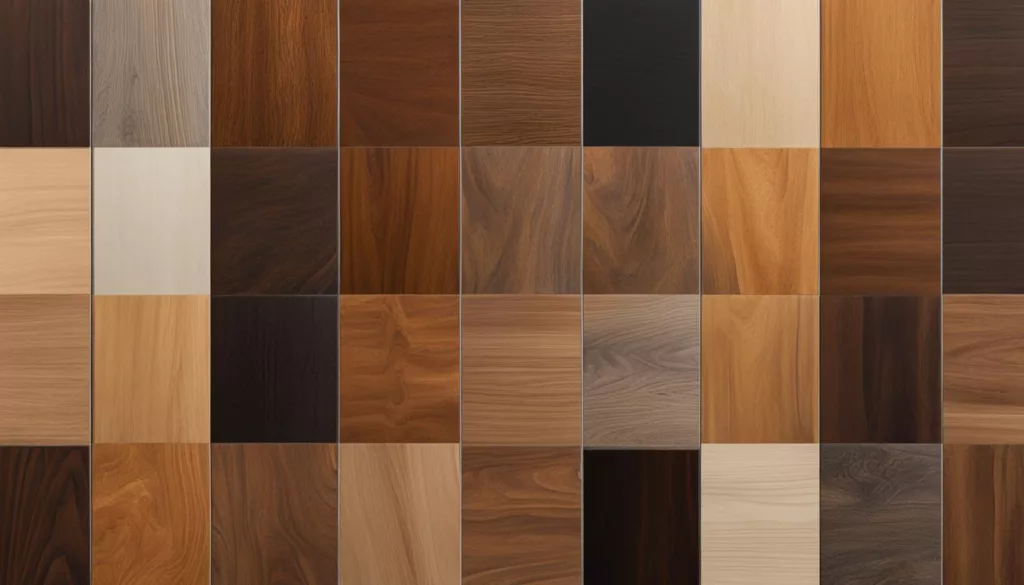

Cost-Effective Alternative
Laminate flooring is generally more cost-effective than solid hardwood, making it a great option for those looking to update their flooring on a budget. And while laminate might not be quite as long-lasting as solid hardwood, it can still provide a durable and attractive flooring solution for many years to come.


Advantages of Solid Hardwood Flooring
If you are looking for a flooring option that combines natural beauty, longevity, and timeless appeal, solid hardwood flooring is a great choice for your home. Unlike laminate flooring options, which are engineered and have an image of wood printed on top, solid hardwood flooring is made from natural wood that is harvested from trees and milled into planks. This means that every plank is unique, with its distinctive grain pattern, color, and texture.
Furthermore, solid hardwood flooring can last for decades or even a lifetime with proper care and maintenance. Unlike laminate flooring, which can become damaged from water exposure, solid hardwood flooring is resistant to moisture and can withstand spills if wiped up promptly. In addition, solid hardwood floors can be refinished to remove scratches, dents, and other signs of wear and tear, restoring them to their original beauty.
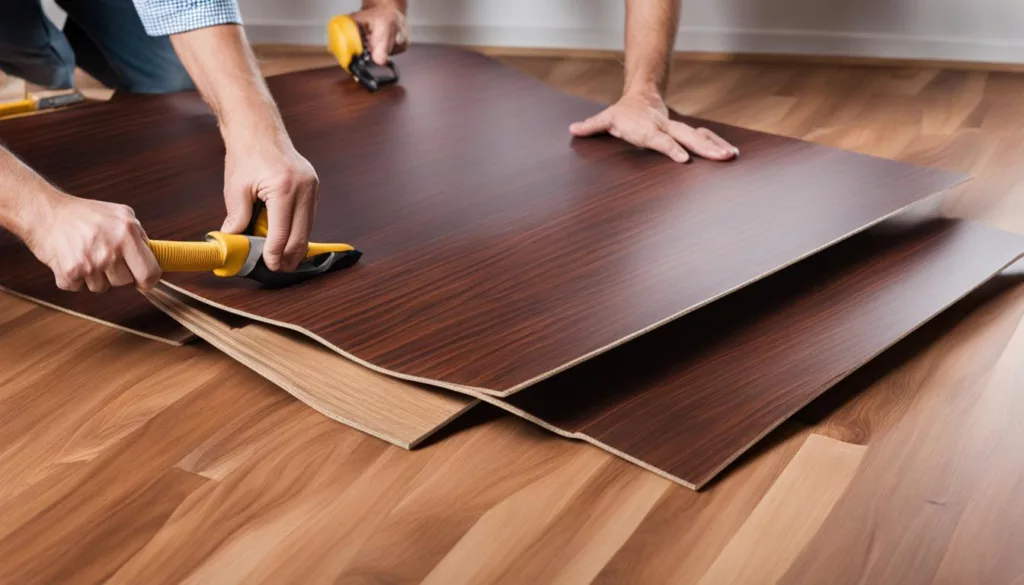

An added advantage of solid hardwood flooring is the potential value it can add to your property. Homes with hardwood floors typically sell faster and for more money than homes with laminate flooring or other types of flooring. This is because solid hardwood flooring is associated with quality, luxury, and durability.
Comparing Laminate Floor vs Solid Hardwood Flooring
| Laminate Flooring | Solid Hardwood Flooring | |
|---|---|---|
| Appearance | Printed wood image | Natural wood grain |
| Durability | Prone to scratches and dents | Resistant to wear and tear |
| Maintenance | Easy to clean but difficult to repair | Requires regular care but can be refinished |
| Cost | Less expensive upfront | Higher upfront cost but adds value to the property |
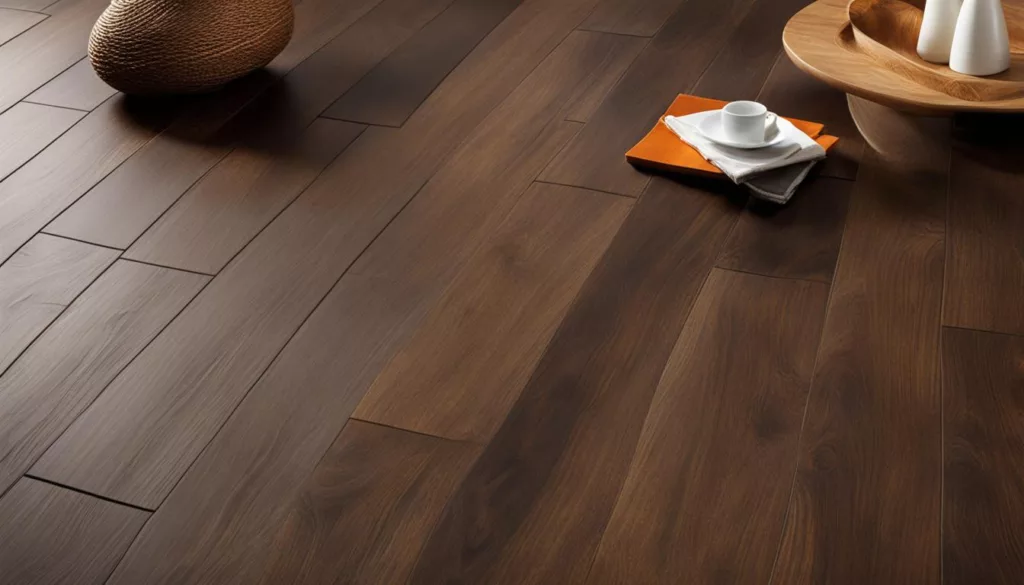

While laminate flooring may be a more affordable option upfront, solid hardwood flooring offers numerous advantages that make it a worthwhile investment in the long run. From its natural beauty and durability to its potential to add value to your property, solid hardwood flooring is an excellent choice for any homeowner looking to elevate their home’s interior design and functionality.
Durability and Maintenance
When it comes to choosing between laminate flooring and solid hardwood, durability and maintenance are critical factors to consider. Laminate flooring is known for its durability, and ability to withstand scratches, stains, and even sunlight fading. Solid hardwood, on the other hand, maybe more susceptible to scratches and dents but can be refinished several times over its long lifespan.
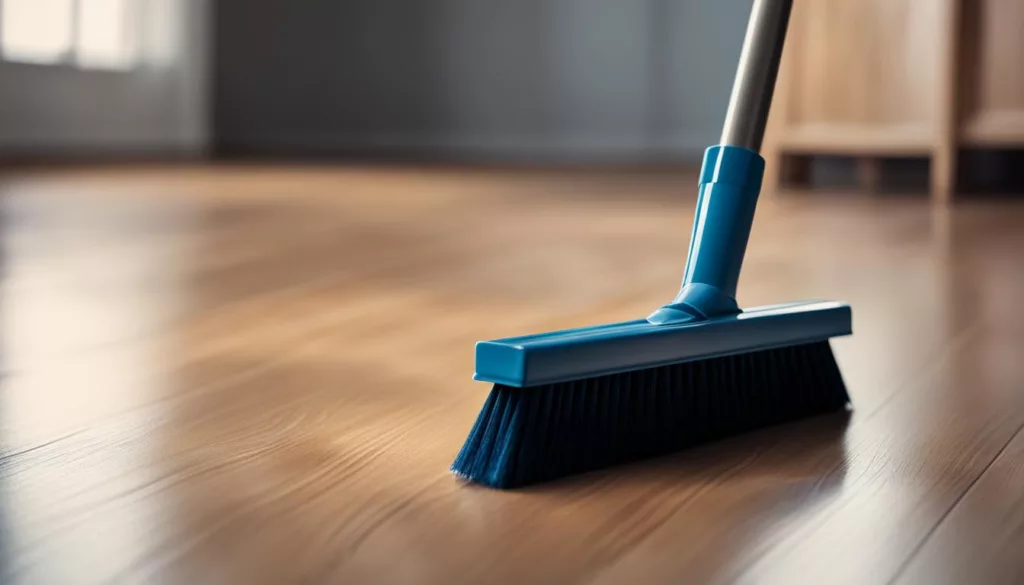

Durability of Laminate Flooring
Made with a highly durable resin coating, laminate flooring is much more scratch and impact-resistant than solid hardwood flooring. Additionally, its protective layer makes it more resistant to wear and tear, making it ideal for high-traffic areas. However, laminate flooring is not immune to water damage and should be promptly dried if spills occur.
Durability of Solid Hardwood Flooring
Solid hardwood flooring is a natural product that can last for many years when properly installed and maintained. With proper care, it can be refinished several times over its lifetime, making it an investment that can add value to your home. While it is more susceptible to scratches and dents than laminate flooring, it can be repaired and restored with ease.
Maintenance of Laminate Flooring
Laminate flooring is virtually maintenance-free and requires only routine cleaning to keep it looking its best. It is recommended to vacuum or sweep the floor regularly and clean it with a microfiber mop and a mild cleaning solution. Avoid using harsh detergents or abrasive cleaners, as they can damage the protective layer of the flooring.
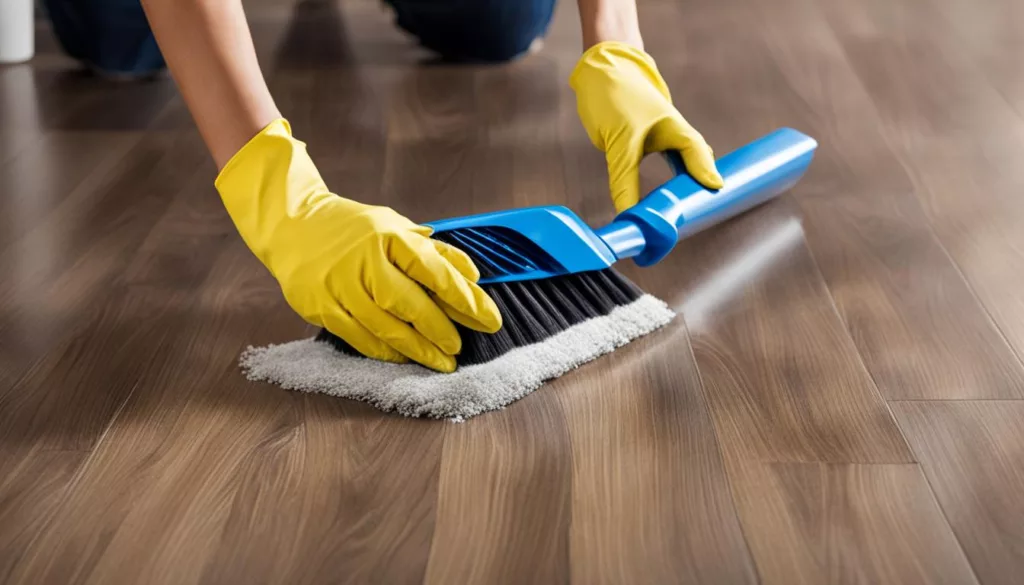

Maintenance of Solid Hardwood Flooring
Solid hardwood flooring requires more maintenance than laminate flooring, but with proper care, it can last a lifetime. It is recommended to sweep or vacuum the floors regularly and clean them with a specially formulated hardwood floor cleaner. It is important to avoid excessive moisture, as it can cause warping and damage to the wood.
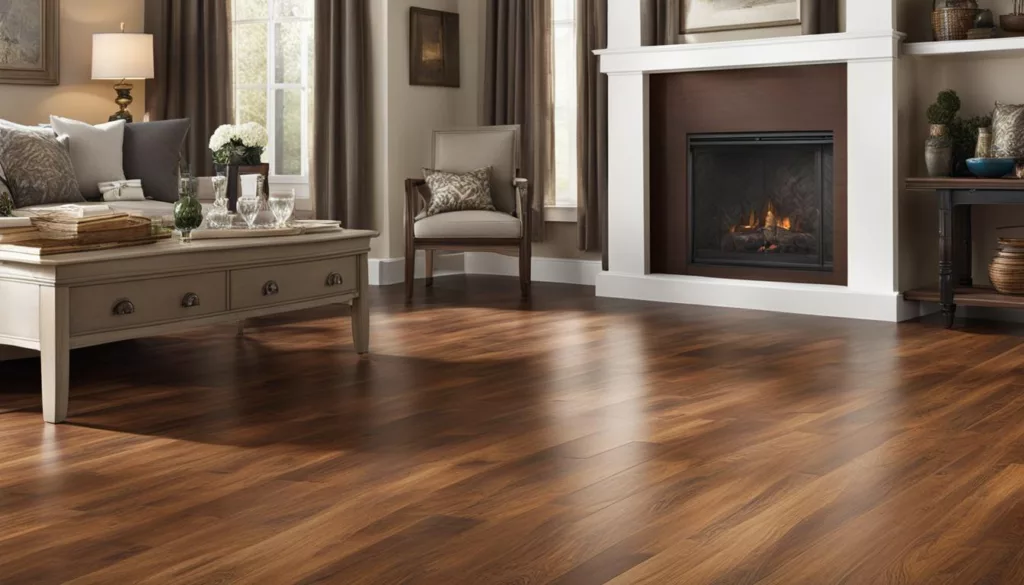

In summary, both laminate flooring and solid hardwood flooring have their advantages and disadvantages when it comes to durability and maintenance. While laminate flooring may be more scratch-resistant and low-maintenance, solid hardwood flooring can be refinished and restored several times over its long lifespan. Ultimately, your decision will depend on your lifestyle, budget, and personal preferences.
Conclusion
Choosing the right flooring for your home is an important decision, and the debate between laminate flooring and solid hardwood flooring can be a tough one. It’s crucial to consider your budget, lifestyle, and personal preferences before making a decision.
In this article, we have compared the benefits of laminate flooring and solid hardwood flooring. We explored the durability, ease of installation, and design options of laminate flooring, as well as the natural beauty, longevity, and potential value of solid hardwood flooring.
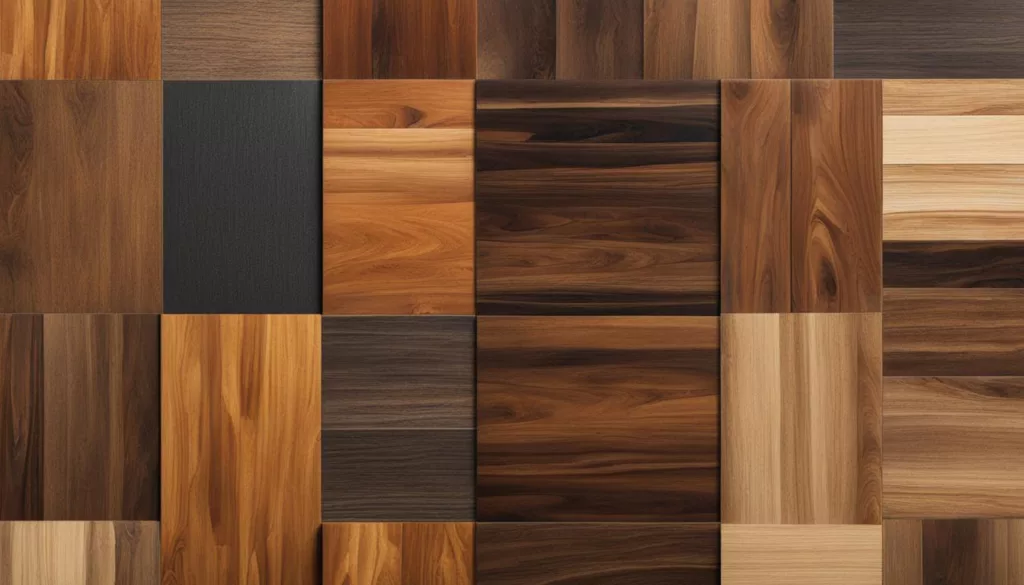

We also discussed the maintenance requirements of both types of flooring and provided tips on how to properly care for them.
Ultimately, the decision between laminate flooring and solid hardwood flooring depends on your individual needs. If you’re on a tight budget and want a low-maintenance option with a wide range of designs, laminate flooring may be the best choice for you. However, if you’re looking for a timeless and durable flooring option that can add value to your home, solid hardwood flooring may be a better fit.
Regardless of which option you choose, remember to shop around, compare prices, and read reviews before making a final decision. We hope this article has helped you make the best choice for your home when comparing laminate flooring and solid hardwood flooring.
Thanks For the Great Attention!
Also, Read,
Laminate Flooring Installation Guide
Best Laminate Flooring Materials




FAQ
Is laminate flooring as durable as solid hardwood flooring?
While laminate flooring is known for its durability, solid hardwood flooring is generally considered to be more durable and longer-lasting. Solid hardwood can be sanded and refinished multiple times, allowing it to meet the demands of high-traffic areas. Laminate flooring, on the other hand, is more susceptible to scratches and cannot be refinished.
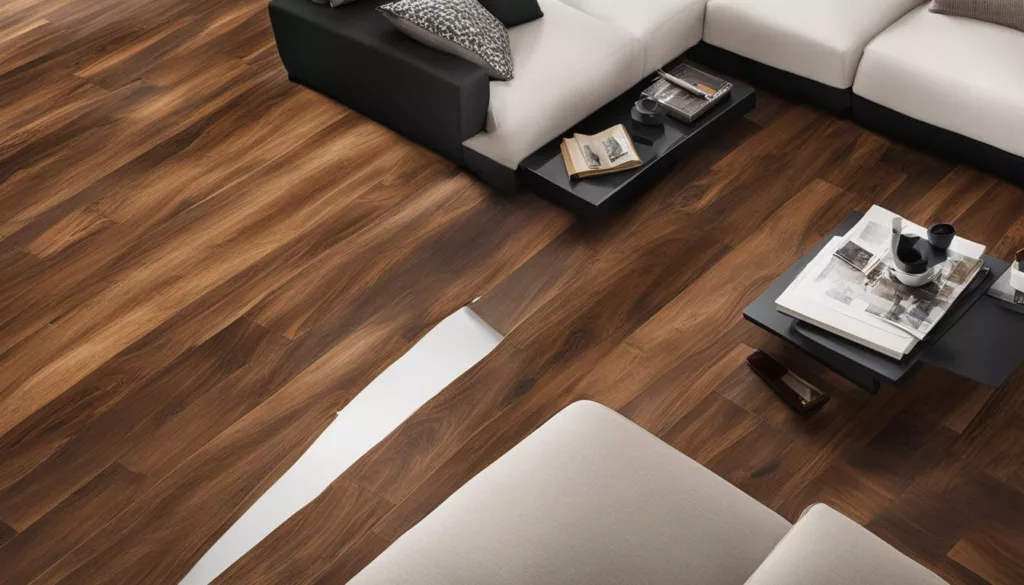

How do the installation processes differ between laminate flooring and solid hardwood flooring?
Installing laminate flooring is typically more straightforward than installing solid hardwood flooring. Laminate flooring often comes in interlocking panels or planks that can be floated over the subfloor, eliminating the need for glue or nails. Solid hardwood flooring, on the other hand, typically requires nailing or stapling each board to the subfloor.
Are there more design options available with laminate flooring or solid hardwood flooring?
Laminate flooring offers a wide range of design options, including various colors, patterns, and textures that can simulate the appearance of natural wood, stone, or tile. Solid hardwood flooring, while limited in terms of design variety, showcases the authentic beauty of real wood and can bring a warm, timeless aesthetic to any space.
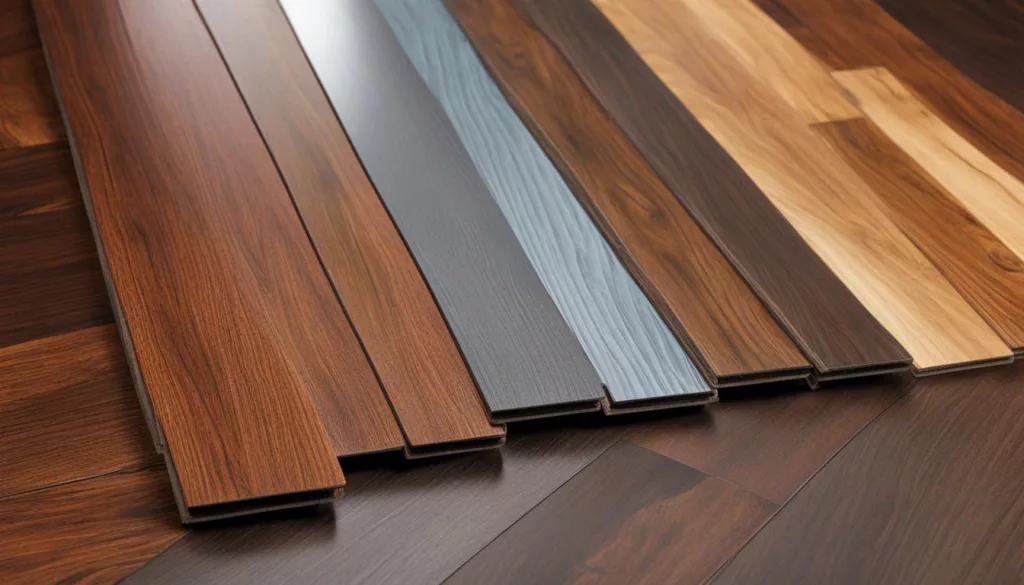

Which type of flooring is more resistant to water damage?
Laminate flooring is typically more resistant to water damage than solid hardwood flooring. Laminate flooring consists of a moisture-resistant layer that helps protect against spills and water accidents. Solid hardwood, however, is more susceptible to water damage and should not be installed in areas prone to moisture, such as bathrooms or basements.
Can laminate flooring or solid hardwood flooring increase the value of my property?
While both laminate flooring and solid hardwood flooring can enhance the overall appeal of a home, solid hardwood generally has a higher perceived value and can potentially add more value to a property. The natural beauty and durability of solid hardwood are often favored by homebuyers and can contribute to a higher resale value.





